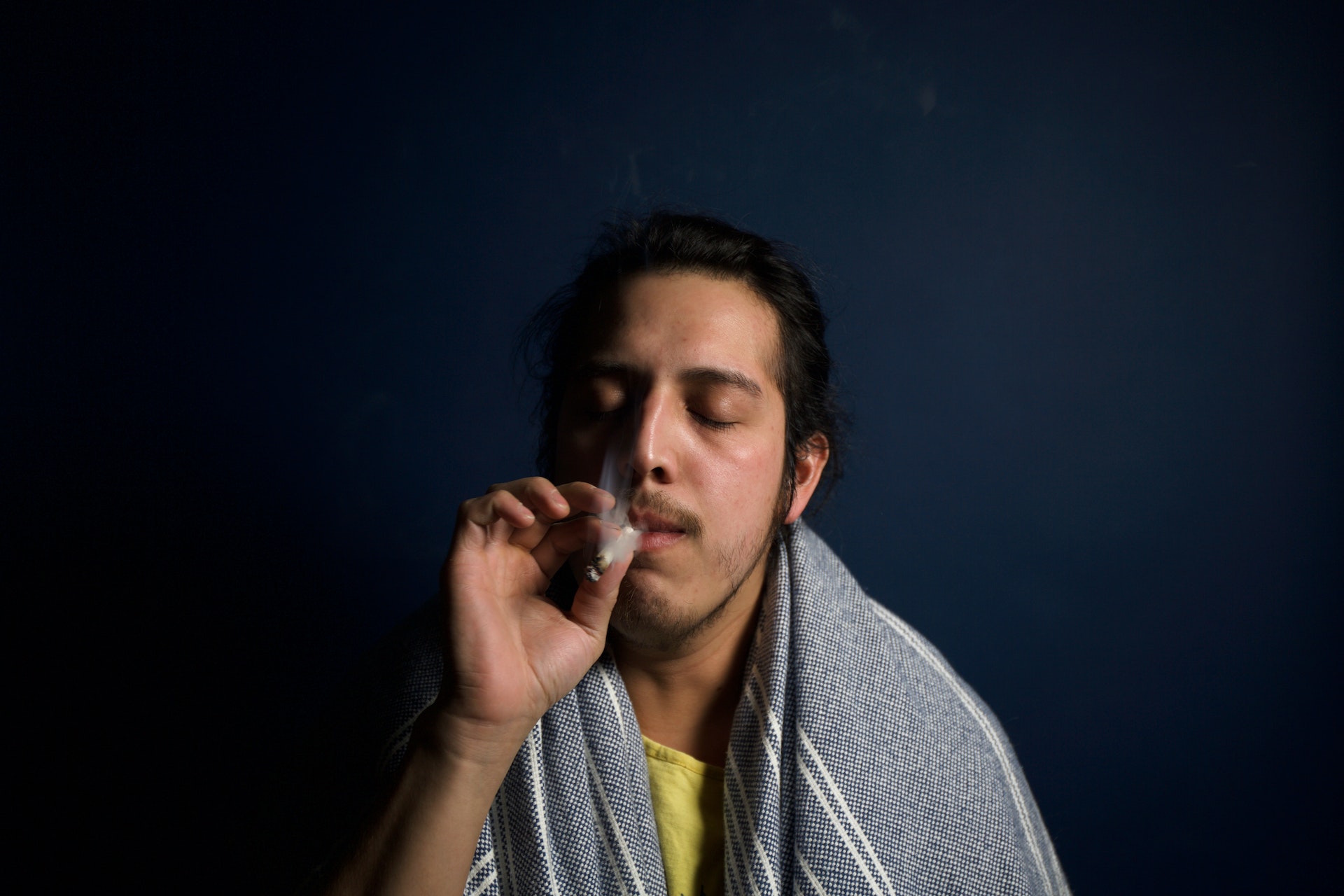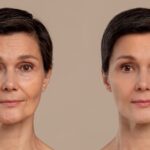Smoking is not only bad for your health, but it also has a negative impact on your skin. Tobacco smoke contains thousands of harmful chemicals that damage your skin cells, reducing the skin’s elasticity, texture, and overall appearance. Smoking can also accelerate the aging process, leading to wrinkles, fine lines, and age spots. In this article, we will explore how smoking affects your skin and how you can mitigate its negative impact.
Introduction
Smoking is a widespread habit that can have detrimental effects on the body, especially on the skin. When you smoke, the toxic chemicals in tobacco smoke decrease the amount of oxygen and nutrients that your skin cells receive. This leads to skin damage, premature aging, and a higher risk of developing skin cancer. Smoking can also worsen existing skin conditions, such as acne, rosacea, and psoriasis.
The Science behind Smoking and Skin Damage
When you smoke, your skin is exposed to toxic chemicals such as carbon monoxide, nicotine, and tar. These chemicals cause oxidative stress, which damages your skin cells, reduces collagen production, and accelerates the aging process. Smoking also narrows the blood vessels in the skin, making it difficult for nutrients and oxygen to reach the skin cells. This lack of nutrients and oxygen leads to dull, dry, and damaged skin.
How Smoking Affects the Skin
Skin Aging
Smoking accelerates the aging process, leading to wrinkles, fine lines, and age spots. A study published in the Journal of Dermatological Science found that smokers have more wrinkles and fine lines than non-smokers. Smoking also reduces collagen production, which is essential for skin elasticity and firmness. Collagen breakdown causes the skin to sag, making you look older.
Uneven Skin Tone
Smoking can cause uneven skin tone, leading to hyperpigmentation, dark circles, and redness. Nicotine reduces blood flow to the skin, leading to a dull complexion. The skin also loses its natural glow, making it appear lifeless and lackluster.
Acne
Smoking can also exacerbate existing acne or cause new breakouts. Tobacco smoke contains free radicals that damage skin cells and increase inflammation. This inflammation can lead to clogged pores and acne breakouts.
How to Mitigate the Negative Impact of Smoking on Your Skin
The best way to protect your skin from the negative impact of smoking is to quit smoking altogether. However, if you are finding it hard to quit, there are some steps you can take to minimize the damage caused by smoking.
Keep Your Skin Hydrated
Smoking causes dehydration, which can lead to dry and damaged skin. It is essential to keep your skin hydrated by drinking plenty of water and using a good moisturizer. A moisturizer with antioxidants can help to repair some of the skin damage caused by smoking.
Protect Your Skin from the Sun
Smoking increases your risk of developing skin cancer. It is essential to protect your skin from the harmful effects of the sun by wearing protective clothing, using sunscreen, and avoiding sun exposure during peak hours.
Eat a Healthy Diet
Eating a healthy diet can help to repair some of the damage caused by smoking. A diet rich in antioxidants, vitamins, and minerals can help to protect your skin from free radical damage.
Exercise
Exercising regularly can help to improve blood flow to the skin, increasing the delivery of oxygen and nutrients to the skin cells. Exercise also helps to reduce stress, which can cause skin damage.
Seek Professional Help
If you are struggling to quit smoking or need help managing the damage caused by smoking, seek professional help. A dermatologist or a skincare specialist can provide you with the right advice and products to help repair and protect your skin.
Conclusion
Smoking has a detrimental effect on your skin, accelerating the aging process, and increasing your risk of developing skin cancer. The toxic chemicals in tobacco smoke damage your skin cells, reduce collagen production, and cause skin dehydration, leading to wrinkles, fine lines, age spots, and uneven skin tone. The best way to protect your skin from the negative impact of smoking is to quit smoking altogether. However, you can mitigate some of the damage caused by smoking by keeping your skin hydrated, protecting it from the sun, eating a healthy diet, exercising, and seeking professional help.
FAQs
Q1. Can smoking cause skin cancer?
Yes, smoking increases your risk of developing skin cancer.
Q2. Can smoking cause acne?
Yes, smoking can exacerbate existing acne or cause new breakouts.
Q3. How does smoking affect collagen production?
Smoking reduces collagen production, which is essential for skin elasticity and firmness. Collagen breakdown causes the skin to sag, making you look older.
Q4. Can quitting smoking reverse the damage to my skin?
Quitting smoking can help to reduce some of the damage caused by smoking, but it may not be able to reverse it completely.
Q5. How can I protect my skin from the harmful effects of smoking?
You can protect your skin by quitting smoking, keeping it hydrated, protecting it from the sun, eating a healthy diet, exercising, and seeking professional help.






